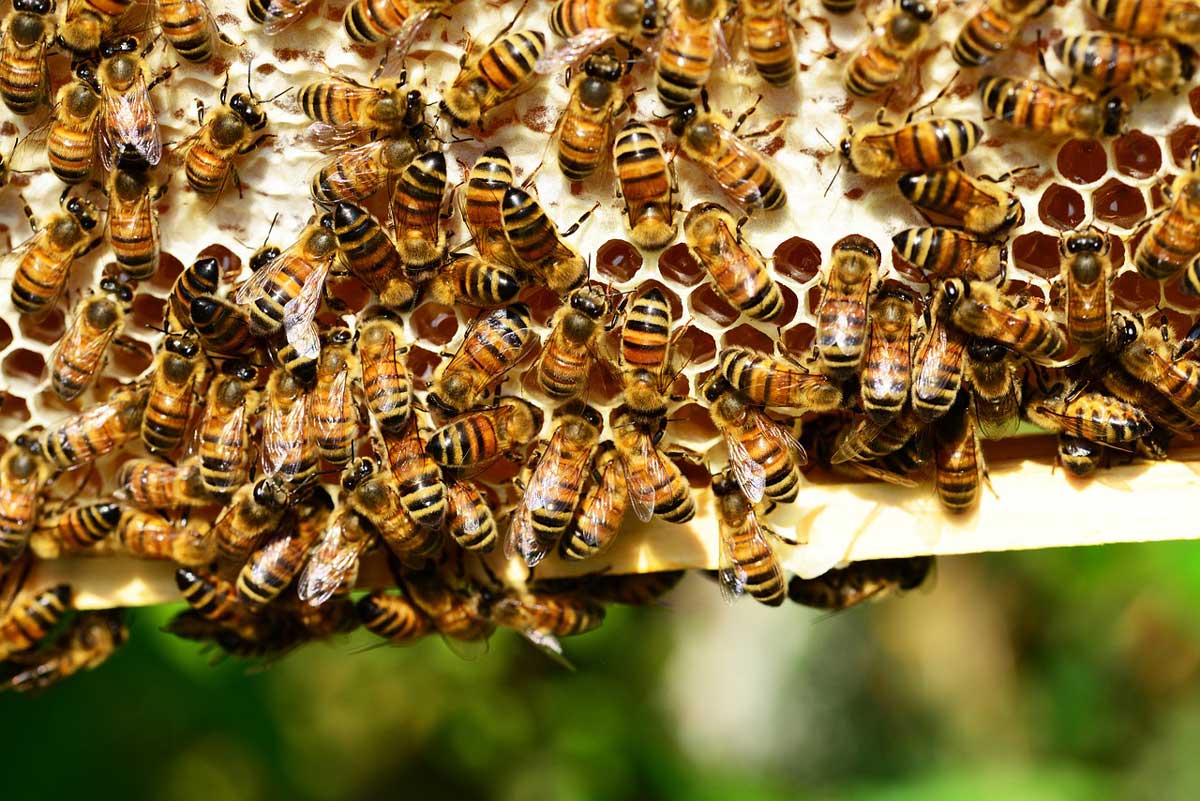Approximately one-fifth of the total land surface area of Devon is covered by wildlife-rich habitats of one sort or another, and many of these are located right here in Dartmoor. Experiencing Dartmoor’s wildlife up close and in person can be done by paying a visit to Emsworthy, the Dunsford Woods or even the Dart Valley Nature Reserve. From cuckoos and dragonflies to rich oaky woodlands and wild daffodils, the surrounding ecosystem is brimming with wildlife and fauna you’ll be pleased to visit when staying in Dartmoor, but part of understanding and caring for that ecosystem lies in understanding one of the main components of it: the bees.
Ensuring Dartmoor’s Wildlife Has Food to EatOf the many delightful experiences you will have when exploring the natural side of Dartmoor, one of the most popular is to walk through the Dart Valley nature reserve while enjoying the sights and sounds of the local animals. What most people don’t know, however, is that these wild animals live off of the nuts, fruits and berries that bees help produces. Many species of wild plants that produce these nuts and berries depend on insect pollinators such as bees in order to thrive. This makes bees incredibly important to the wildlife in greater Devon as they pollinate the flowers that not only fill the space with vibrant life and color, they help them provide vital food sources for the animals that live there.
Staying Informed About the Benefits of Bees1,500 species of insects pollinate plants, which include bumble bees, honey bees, solitary bees, hoverflies, wasps, flies, beetles, butterflies and moths. They also provide sustainable support to various crops around the country and world. Many fruits and vegetables are dependent on the process of pollination to be fertilised, including apples, strawberries, corn, cucumbers, and tomatoes. By teaching people that their perceived dangers of bees simply aren’t true, society can advance in the care of them and the ecosystems they help create and sustain. Seeing as wild honey bees are nearly extinct in the UK, natural beekeeping could be an efficient way to save honeybees and other types of pollinators while also giving back to the Dartmoor community as a whole.
Part of a Much Larger EcosystemAs a visitor to Dartmoor, you will find yourself immersed in an environment that is filled with a variety of different types of plants and wildlife. While this atmosphere might feel a little unique and exciting to you at first, it is important to consider why and how it is so beautiful and thriving. Due to conservation efforts on behalf of the government and local Devonians, along with the support that bees provide in the growth of trees, flowers, and other plants, these small little insects contribute to the beauty of Devon. You can be a part of this larger ecosystem by either engaging in beekeeping at home or simply helping to ensure you’re not contributing to the harmful effects that humans can have on bees. Keep Dartmoor beautiful by keeping bees safe. It’s that simple.

